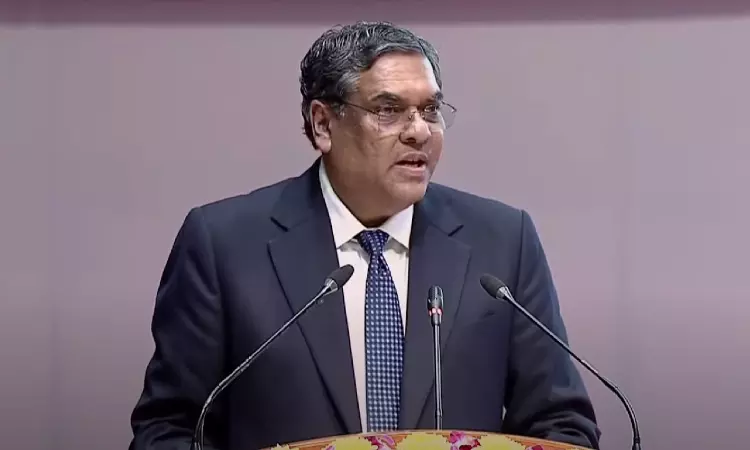Plea Bargaining Has Been A Non-Starter, Compounding And Probation Need Legislative Focus: CJI Sanjiv Khanna In Constitution Day Address
Gursimran Kaur Bakshi & Amisha Shrivastava
26 Nov 2024 7:19 PM IST

CJI Sanjiv Khanna flagged reducing case backlogs & undertrial prisoners as challenges faced by the judiciary.
Next Story


